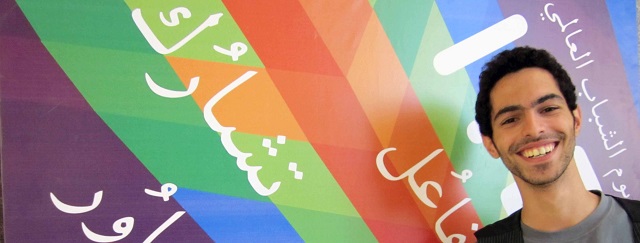It is no coincidence that when the World Economic Forum was focusing on youth under-employment/unemployment at its annual conference in Davos, the Audit Court (Cours des Comptes) in Morocco was issuing a report criticizing the quality of the country’s vocational training system. There is a great deal of concern globally with devising effective mechanisms for meeting youth employment needs, and Jamie McAuliffe, president of Education for Employment summarized the dilemma quite accurately: “But it is much easier to describe the problem than to advance concrete solutions. Both within the Middle East and North Africa (MENA) and beyond, there are still few examples of large companies and national governments putting the necessary muscle and resources behind solving the problem.”
This conclusion is reinforced by the assessment of the Audit Court. It is clear that greater scrutiny and a dedication to problem-solving are required to develop and deliver options that reverse the complacency and ineffectiveness that characterize training programs in the region. The Audit Court report is helpful in that it provides a starting point to discuss the challenges to technical/vocational training in the MENA region.
The Moroccan Office of Vocational Training and Employment Promotion (OFPPT) is charged with orientation, education, and placement of students, as well as providing opportunities for continuing education for adults who wish to change career paths. Ideally, the OFPPT maintains relationships with potential employers since it has the critical responsibility to be familiar with the needs of the workforce, and adapt curricula and training to meet those needs.
The OFPPT has its equivalents throughout the MENA region, some of which focus specifically on vocational and technical skills training for recent middle school and high school graduates, while others are similar to community colleges that provide “white-collar” education and training programs for the services industries. Whatever the agency’s mission, the goal is the same — to graduate employable young people for the workforce. Gone are the days when “education for unemployment” seemed to be the norm, as university graduates from Morocco to Oman joined the Arab Uprisings and demanded jobs, greater transparency in employment practices, and sufficient resources for effective training and education. After decades of acquiring academic degrees that held out little prospect of jobs and careers, young people recognized that the systems had to change, and governments are scrambling to respond.






Be the first to comment on "The roaring beast of unemployed youth in the MENA region"